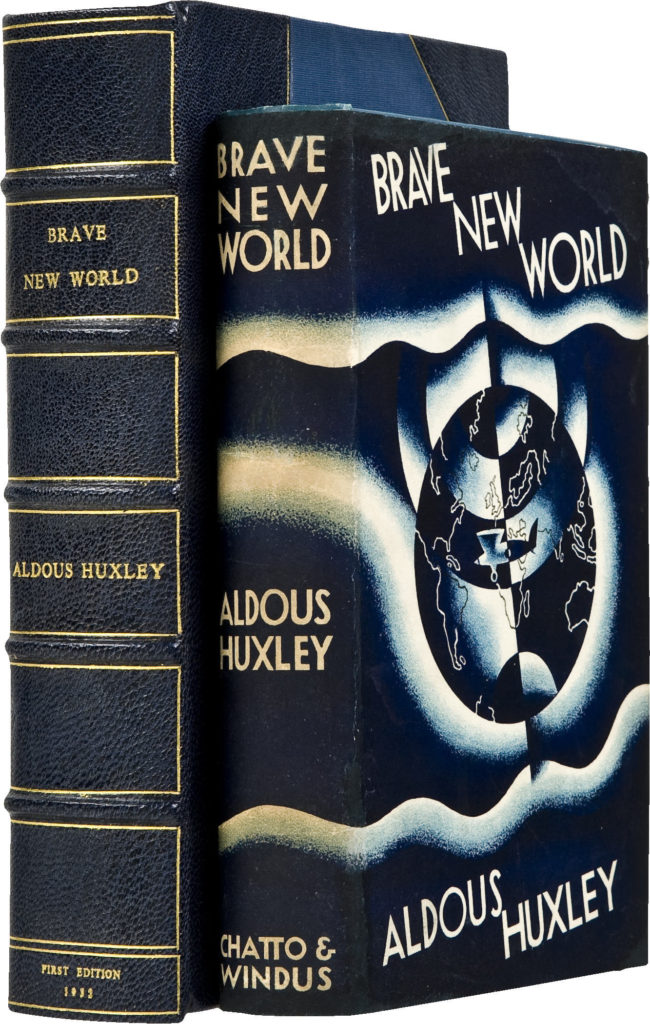
By Jim O’Neal
The healthy, lusty cry that emanated from a delivery room in a British mill town hospital at precisely 11:47 on a summer night in 1978 brought joy to Lesley and John Brown. Since their marriage in 1969, the couple had wanted a baby and now they had one, thanks to $1,500 John won betting on football. There was also the brilliance of two British doctors who became the first physicians to create a test-tube baby. They had been unsuccessful in 80 previous tries.
The formal term for the method that produced little 6-pound Louise Brown was IVF – “in vitro fertilization” (literally “in glass”), but “test tube” better fit the imagination that was running wild around the world. With the news, people began recalling Aldous Huxley’s 1932 novel Brave New World and its vision of a society where “babies are mass produced from chemical solutions in laboratory bottles.”
Actually, Louise was nothing close to this concept. She represented the union of John’s sperm and Lesley’s egg, and was carried to term by her mother as other babies were. Only the joining of the ingredients had been done in a lab. The incipient embryo was transferred back to Lesley, where it implanted itself on the wall of the hormone-prepared uterus.
The moral and legal implications touched off incendiary debates when the news from Britain spread. And the fact the story came from a hysterical tabloid (the Browns sold the story rights to the Daily Mail for $500,000) took the episode further into the realm of science-fiction.
The clergy were unanimous against “baby factories” and scientists “playing God” – but the issue was overtaken in the headlines by women’s rights, feminism, industrial abuses of the environment (Earth Day), fossil fuels and materialism. Climate change, and income and wealth inequality battles were on the way.
In August 1998, I hosted a PepsiCo dinner for the Scottish scientists from the Roslin Institute (University of Edinburgh) who had just cloned the first mammal from an adult somatic cell, the famous Dolly the Sheep. Dolly was born on July 5, 1996, and the great controversy this time was “designer babies.” As I recall, they suspected the Koreans would be the first to attempt humans, but the only ones I’ve read about are pigs, deer, horses and bulls.
I think Dolly died just before her seventh birthday from a lung disease – living about half as long as hoped. I assume little Louise Brown must have 5 to 10 million IVF cousins by now.
Science marches on, despite public opinion polls.
 Intelligent Collector blogger JIM O’NEAL is an avid collector and history buff. He is President and CEO of Frito-Lay International [retired] and earlier served as Chairman and CEO of PepsiCo Restaurants International [KFC Pizza Hut and Taco Bell].
Intelligent Collector blogger JIM O’NEAL is an avid collector and history buff. He is President and CEO of Frito-Lay International [retired] and earlier served as Chairman and CEO of PepsiCo Restaurants International [KFC Pizza Hut and Taco Bell].
